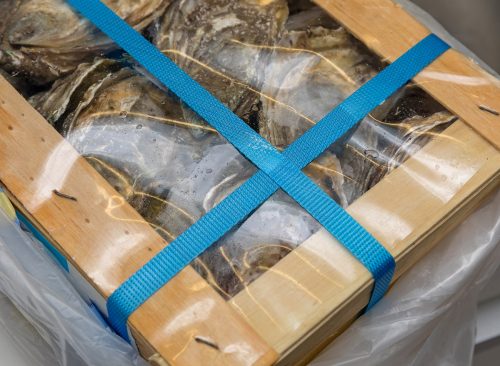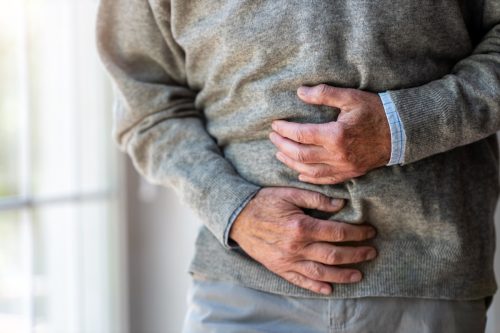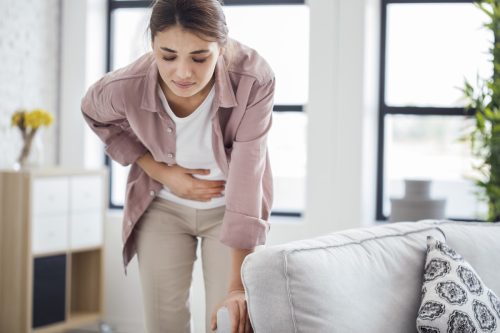If You’re Eating Oysters in Any of These 6 States, Stop Now, FDA Warns

Oysters are a very popular shellfish that boast a lot of health benefits, as they are brimming with omega-3 fatty acids. However, consuming the delicacy can also make you sick. It isn’t uncommon for the consumption of oysters to lead to food poisoning. According to studies, 7.4 percent of oysters harbor the bacteria salmonella. They can also host E.coli. Last week, the FDA issued a warning in six states, where contaminated oysters are being served.

On October 26, 2023, Future Seafoods, Inc. initiated a voluntary recall of all oysters from the harvest area PE9B harvested on 10/10/2023 and distributed to their customers from October 10th through October 16th, 2023.

The contaminated oysters were distributed to restaurants and retailers in six states: Florida, Massachusetts, Pennsylvania, Rhode Island, South Carolina, and Virgina.

The contaminated oysters were harvested around Prince Edward Island, Canada on 10/10/2023 from harvest area PE9B, they FDA added.

“Contaminated oysters can cause illness if eaten raw, particularly in people with compromised immune systems,” the FDA says. “Food contaminated with Salmonella and E. coli may look, smell, and taste normal. Consumers of these products who are experiencing symptoms of salmonellosis or E. coli should contact their healthcare provider and report their symptoms to their local Health Department.”

Most people infected with Salmonella will begin to develop symptoms 12 to 72 hours after infection and usually last four to seven days. Symptoms include diarrhea, fever, and abdominal cramps. More severe cases of salmonellosis may include a high fever, aches, headaches, lethargy, a rash, blood in the urine or stool, and in some cases may become fatal.

While E. coli are mostly harmless bacteria that live in the intestines of people and animals and contribute to intestinal health, eating or drinking food or water contaminated with certain types of E. coli can cause mild to severe gastrointestinal illness. Symptoms can start anywhere from a few days after consuming contaminated food or as much as nine days later. They usually include severe stomach cramps, diarrhea, fever, nausea, and/or vomiting.